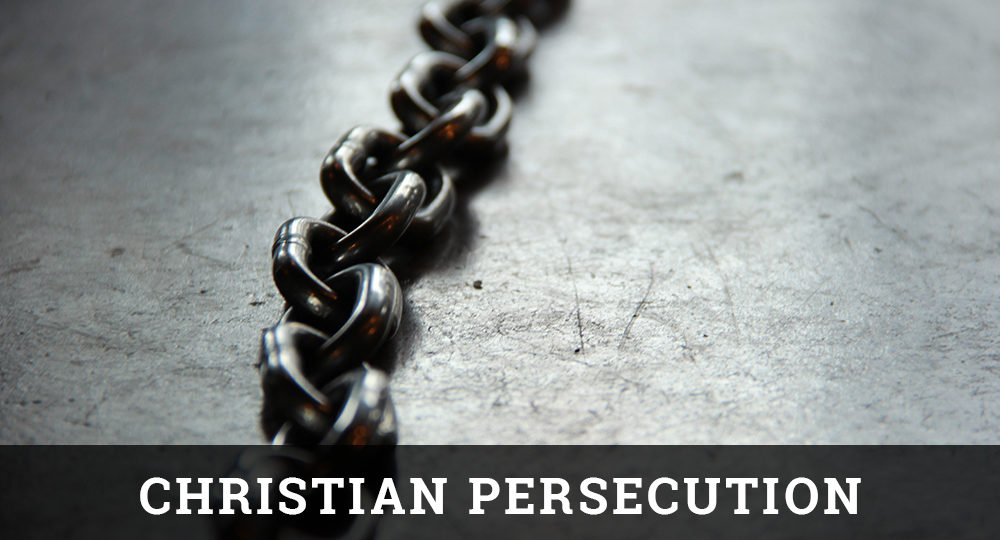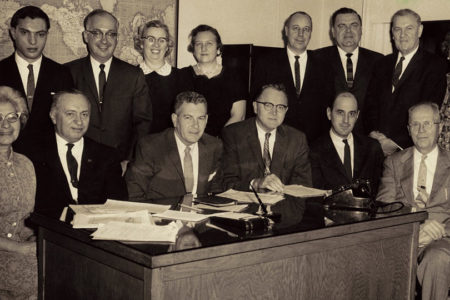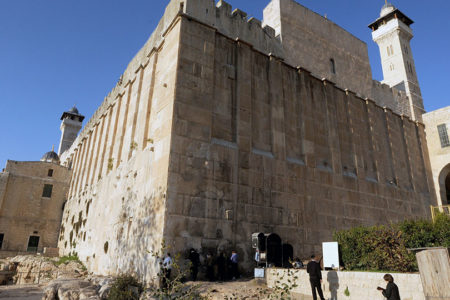They Cry in Silence May/Jun 2008
When the Archbishop of Canterbury recently suggested the inevitability of instituting some aspects of Muslim Sharia law in Britain, he caused a justifiable furor. His comments also raised hackles in Canada where pressure is rising to accommodate Sharia to mollify militants in the growing Islamic community. At stake is the potential creation of state-within-a-state situations where an Islamic religious court can force its regulations on Muslims—whether they like it or not.
The bitter experiences of Arab Christians living under the Palestinian Authority where Sharia is in force should demonstrate why Western democracies must protect all citizens according to the established laws of their countries.
The Jerusalem Center for Public Affairs cites scholar Justus Reid Weiner’s latest work, Human Rights of Christians in Palestinian Society:
Living amidst a xenophobic Muslim population plagued by endemic violence bordering on anarchy, the Christians have shrunk to less than 1.7 percent of the population in the Palestinian areas. “Tens of thousands have abandoned their holy sites and ancestral properties to live abroad, while those who remain do so as a beleaguered and dwindling minority,” Weiner said. “Their plight is, in part, attributable to the adoption of Muslim religious law (Sharia) in the Constitution of the Palestinian Authority.”
In the Gaza Strip, life is becoming increasingly difficult for Christians. In October 2007, Rami Ayyad, 29, manager of the Palestinian Bible Society bookstore in Gaza, was murdered. Hamas authorities originally told the Ayyad family the killer had confessed and that all of the perpetrators involved would soon be in custody. Since then authorities have changed their story, claiming they haven’t captured anyone and that all they had to go on were suspicions.
Compass Direct News reported that the murderer is believed to be a Hamas operative who was jailed for three weeks then evacuated to Saudi Arabia.
“Who knows?” admitted one Palestinian Christian. “Gaza has no courts, no lawyers, no prosecutors, no proper detention centers. We hear lots of rumors. But it’s hard to believe that Hamas does not know who killed Rami.”
Since her husband’s murder, Pauline Ayyad has delivered a baby and faces an uncertain life as a single parent with three children. She and other Gaza Christians live in fear of what might happen to them. Seven families with the Bible Society have now left Gaza because of continuing death threats.
Their fears are well founded. In February, 14 gunmen bombed the Gaza YMCA, which held programs for both Christians and Muslims. They torched the library, burning it down, along with its 10,000 books. One teenager said everyone is scared. Even before the bombing, there was tension; but he and other young people kept going to the YMCA. “There weren’t a lot of people there, but we had nowhere else to go,” he told the news media.
Also in Gaza, members of a self-appointed, Muslim “modesty patrol” attacked a Christian young man for driving a female classmate home. The “patrol” roams the streets, looking for what it considers inappropriate Muslim dress and behavior.
Christians who have not yet fled Gaza are attempting to keep a low profile, which is not easy to do. A clergy-man described the situation as “moving toward the unknown.”
It appears the Archbishop of Canterbury should pay more attention to what’s happening to Christians in Gaza before suggesting any aspects of Sharia be instituted in Britain.







